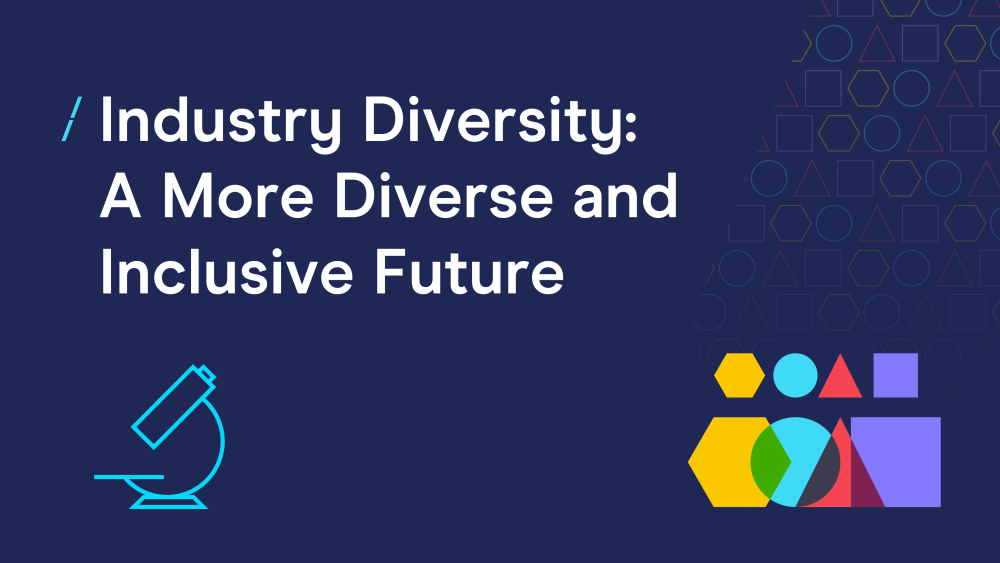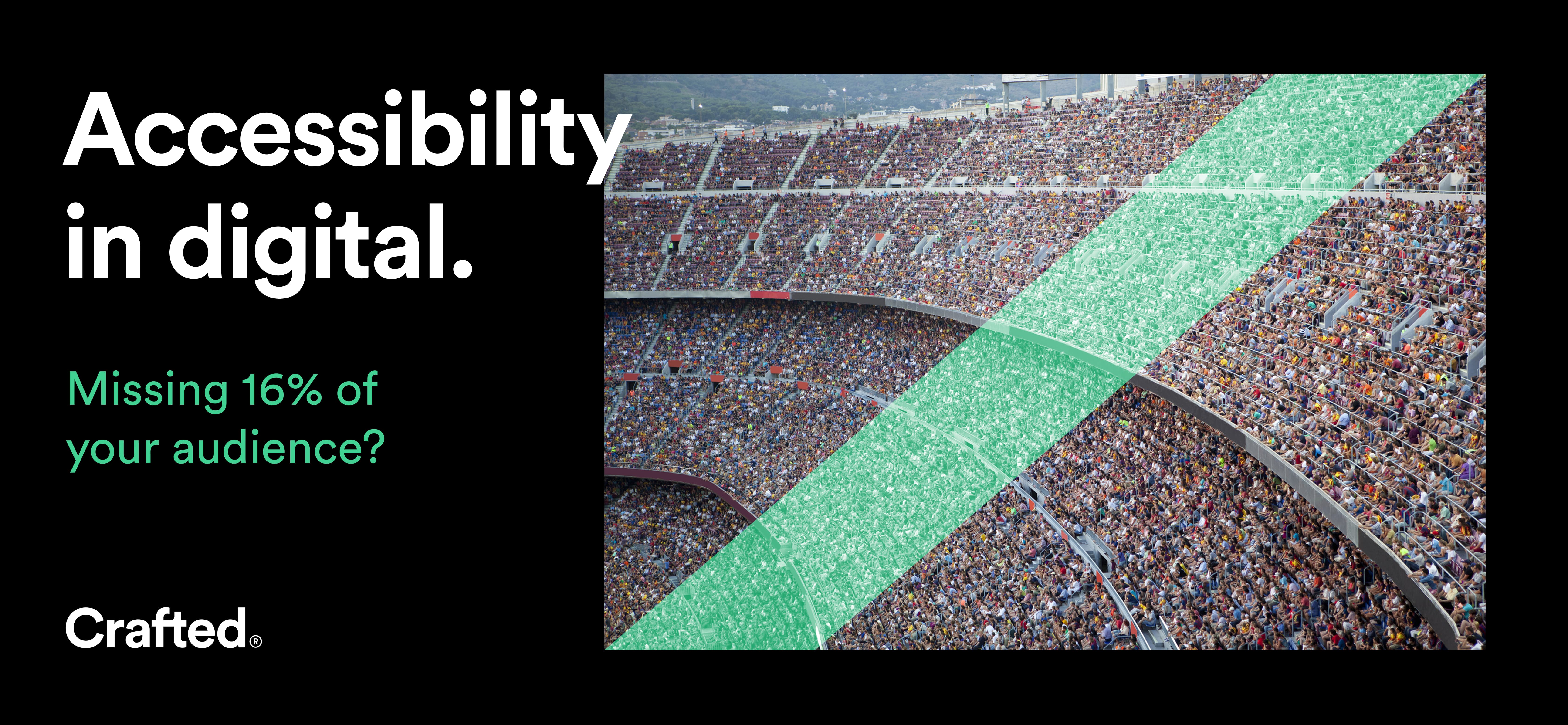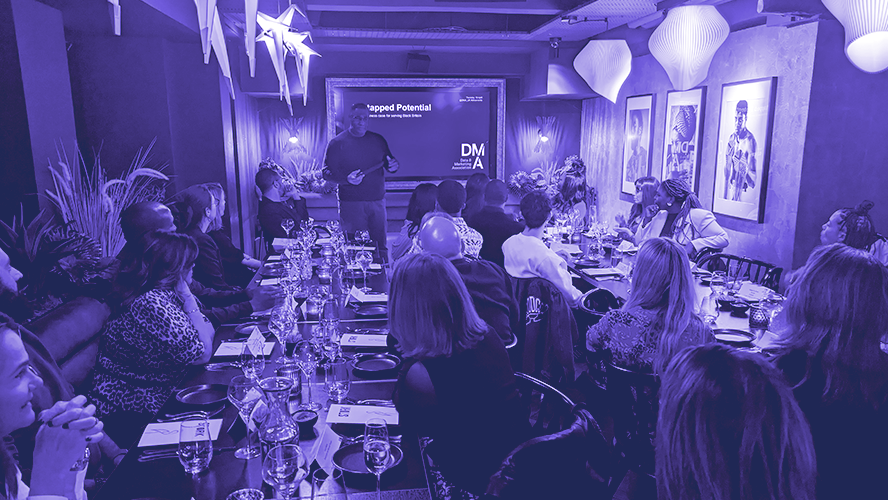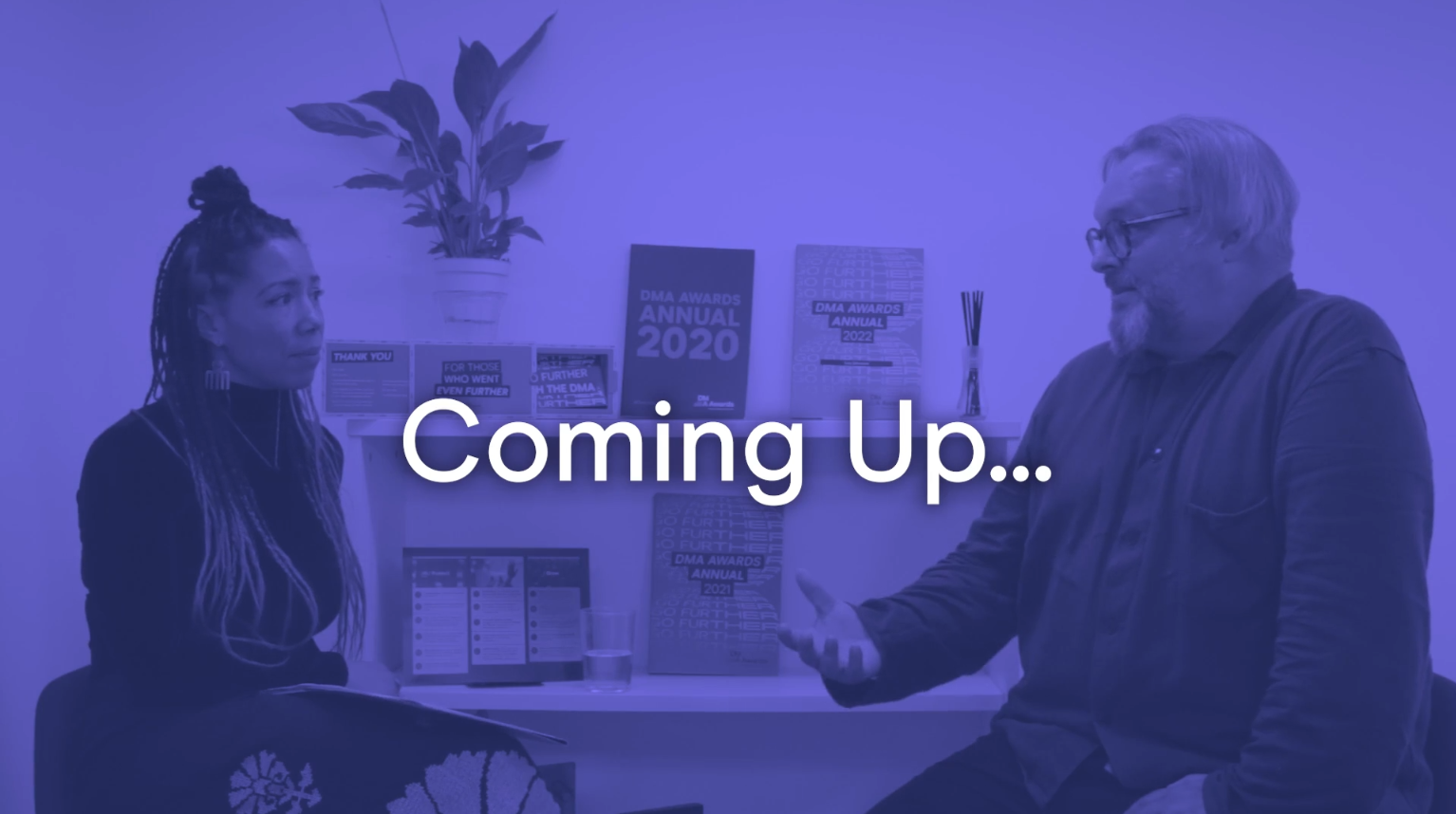Industry Diversity 2020: A More Diverse and Inclusive Future
22 Sep 2020

To achieve real diversity in the workplace, organisations must dig deeper than simple metrics like quotas. This series of articles has sought to introduce then provide insight into the key areas of diversity and what today’s data and marketing industry looks like – including ‘Background and Education’, ‘Disability and Health’, ‘Ethnicity and Race’ and ‘Gender and Sexuality’.
Finally, in this article we want to share advice and best practice guidance, as well as some of the programmes the DMA can offer and is involved in to make a more diverse and inclusive future a reality.
Why is it important to act?
As the main trade body of the data and marketing industry, our core value is putting the customer front and centre. For this to happen, it is fundamental that the DMA and the industry we represent, are both representative of the diverse audiences that we speak to.
We also aspire to be an example for all other industries - and actions are much more effective and impactful than words.
Our actions
For the last three years, we have worked with Creative Equals, aiming to achieve gender parity across all our DMA Awards juries. We have also collaborated with Culture Heroes who set us a target of 15% ethnic minority representation on the juries and most recently we partnered with Outvertising to increase the number of LGBTQ+ judges.
We’ll keep working on these goals with our 2020’s Awards so to achieve our mission to be the most inclusive awards programme.
We also plan to build on our neurodiversity initiative , developing more guidance and training to support neurodiverse individuals. We want them to feel welcome and encouraged to experience roles where their specialised skills can be valued.
Furthermore, DMA Talent is working with organisations such as Commercial Break to find new ways to attract a wide and diverse pool of young people willing to invest their career and future in our industry.
Recently, we have supported Culture Heroes with a research project which aims to explore the best ways to empower the next generation of POC leaders. The first wave of data has highlighted the importance of training and mentoring programmes. That’s why we have decided to provide some immediate support, ensuring half of the places on all our IDM leadership training sessions are offered free of charge to the Culture Heroes network.
The DMA Insight team is also assisting Culture Heroes’ team on a second research to gain better insights on how we can together develop and implement strategies to encourage more inclusive work environments by improving the retention and progression of talent within organisation.
What else can be done?
Simple answer – a lot.
Businesses’ approach to inclusion and diversity must be more systematic and persistent, bringing real change to the organisation’s culture. Allow openness to defeat biases and stereotypes while promoting a sense of belonging.
Equality must be built on real, fair and transparent processes and opportunities for all those individuals who play a part in the company’s game – from junior employees to directors, from shareholders to clients.




Please login to comment.
Comments